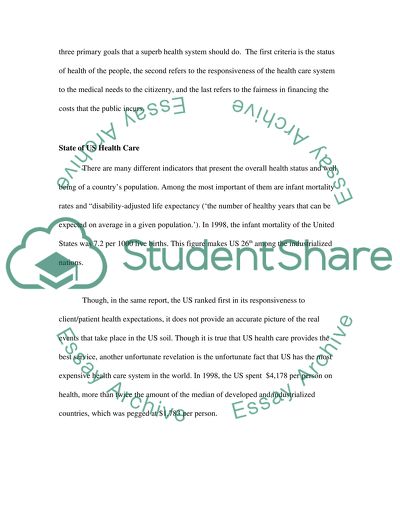Cite this document
(Why Despite the Huge Budget of Americans, Compared to the French and Coursework Example | Topics and Well Written Essays - 1500 words, n.d.)
Why Despite the Huge Budget of Americans, Compared to the French and Coursework Example | Topics and Well Written Essays - 1500 words. https://studentshare.org/health-sciences-medicine/1499910-national-health-care
Why Despite the Huge Budget of Americans, Compared to the French and Coursework Example | Topics and Well Written Essays - 1500 words. https://studentshare.org/health-sciences-medicine/1499910-national-health-care
(Why Despite the Huge Budget of Americans, Compared to the French and Coursework Example | Topics and Well Written Essays - 1500 Words)
Why Despite the Huge Budget of Americans, Compared to the French and Coursework Example | Topics and Well Written Essays - 1500 Words. https://studentshare.org/health-sciences-medicine/1499910-national-health-care.
Why Despite the Huge Budget of Americans, Compared to the French and Coursework Example | Topics and Well Written Essays - 1500 Words. https://studentshare.org/health-sciences-medicine/1499910-national-health-care.
“Why Despite the Huge Budget of Americans, Compared to the French and Coursework Example | Topics and Well Written Essays - 1500 Words”. https://studentshare.org/health-sciences-medicine/1499910-national-health-care.


